Dyslexia
Dyslexia affects how children read, spell, and process language. Learn to recognize the signs and explore expert guidance tailored to how your child learns.

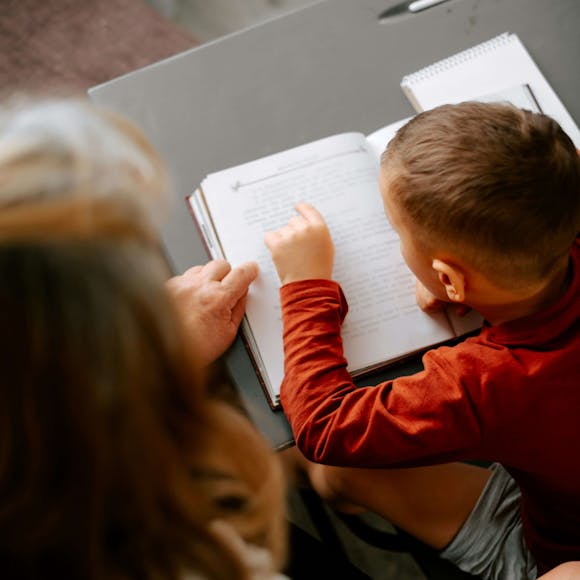
Dyslexia is a common learning difference that affects how the brain processes written language. It can make reading, spelling, and writing feel frustrating—even for bright, curious kids. Dyslexia isn’t about intelligence; it’s about learning differently. With early recognition and the right support, children with dyslexia can gain skills, confidence, and joy in learning.
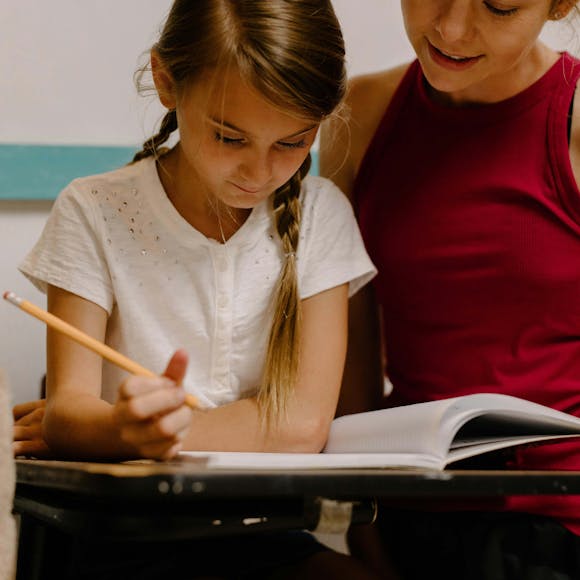
Children with dyslexia may read slowly, mix up letters, avoid reading aloud, or struggle to spell words they know verbally. You might notice difficulty remembering letter sounds, learning common words, or following written instructions. These signs can show up early—especially when children try hard but fall behind. Recognizing them is the first step toward targeted support.
Experts in learning differences—such as educational psychologists or special educators—can assess your child’s reading profile and offer structured, multisensory strategies. These methods match how the child learns best and help them strengthen phonics, fluency, and comprehension over time. Support also boosts self-esteem, showing your child that they can succeed.
Recommended experts
Playful developmental games that help kids grow with confidence
Designed to support cognitive and developmental growth, our games turn screen time into meaningful moments of learning, focus, and joy.
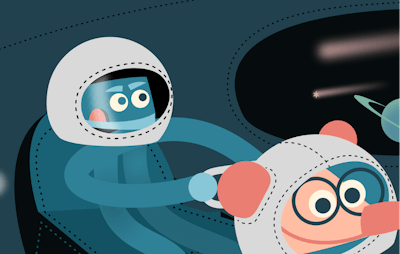
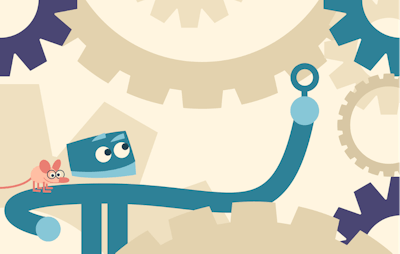

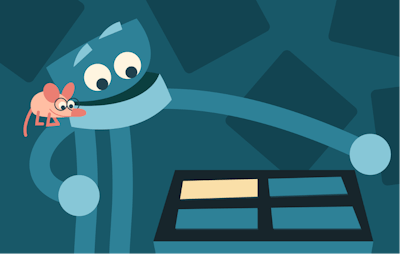
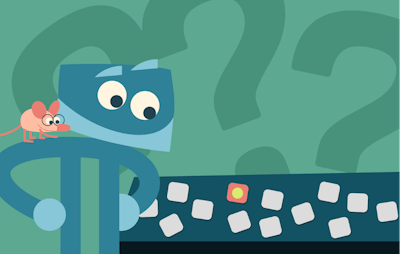
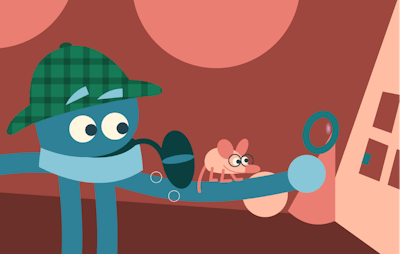
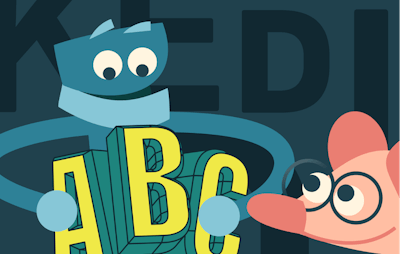
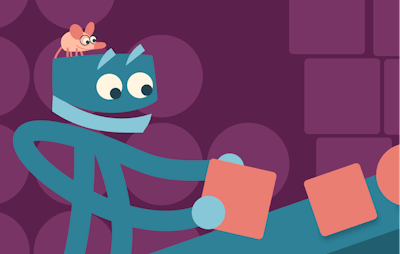
Explore professional guidance, tools, and learning strategies tailored to dyslexia—so your child can grow with joy, not frustration.